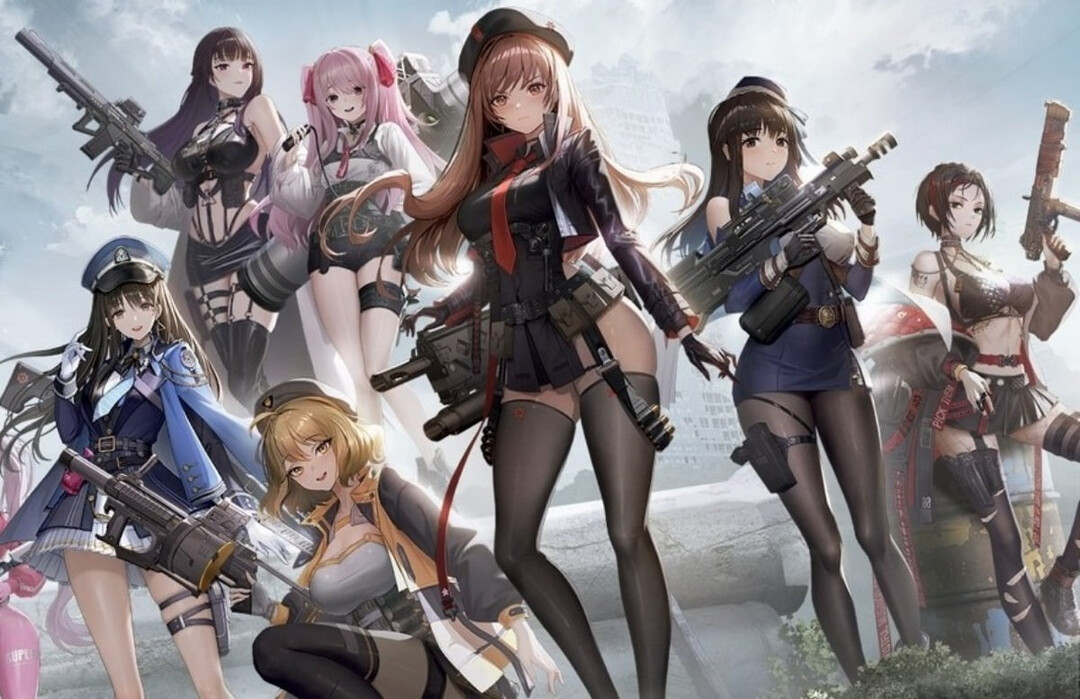
"The beautiful artwork caught my eye, and I thought, 'Why not give it a try?' I started casually, but now I've been playing for over a year," says A, a female college student in her 20s, expressing her affection for mobile subculture games. Her phone screen displays Japanese anime-style characters battling monsters. B, a male college student in his 20s, also became immersed in a subculture game he started a month ago, saying, "I thought I'd be repulsed by this kind of art style, but instead, I developed a fondness for the characters."
Subculture games, once considered a 'niche' genre, have now become a mainstream trend in the Korean gaming market. Domestic game companies, which used to focus on MMORPGs, are now actively developing subculture games.
The Popularity of Subculture Games, Proven by Numbers
According to Mobile Index, two subculture games, HoYoverse's "Genshin Impact" and Shift Up's "Nikke: Goddess of Victory," were among the top 10 highest-grossing mobile games in January. In particular, "Nikke: Goddess of Victory" is considered a successful example of a domestic subculture game, ranking first in sales in Japan, Taiwan, and Hong Kong immediately after its global release.
Nexon's "Blue Archive" demonstrated the potential of subculture games by surpassing 930 billion won in cumulative sales in the Japanese market. Wemade also proved the popularity of subculture games by ranking fifth in sales on the Google Play Store in Korea with the release of "Lost Sword."
Domestic Game Companies Accelerate Subculture Game Development
Webzen is developing "Terbis," and NHN is developing "Abyss Dia," both entering the subculture game market. Kakao Games is developing "Project C," Netmarble is developing "Monster Girl: Star Dive," and Smilegate is developing "Chaos Zero Nightmare." A crowdfunding campaign for the subculture indie game "Maid of the Storm" is underway on Tumblbug.
A gaming industry official said, "It's no longer a subculture, but a mainstream culture," adding, "The popularity of subculture games is increasing to the point where game content surpasses animation at the Anime Game Festival (AGF)."
Kim Jeong-tae, a professor of game studies at Dongyang University, analyzed, "Users tired of similar games are turning to new subculture games, and content that allows them to 'fangirl' is loved by the 2030 generation."
The Changing Gaming Market, What is the Future of Subculture Games?
Subculture games are no longer content for a specific niche audience. Attractive artwork, solid storylines, and unique characters are captivating a diverse range of users, regardless of gender or age. The influence of subculture games is expected to grow further in the Korean gaming market in the future.
[Copyright (c) Global Economic Times. All Rights Reserved.]






























